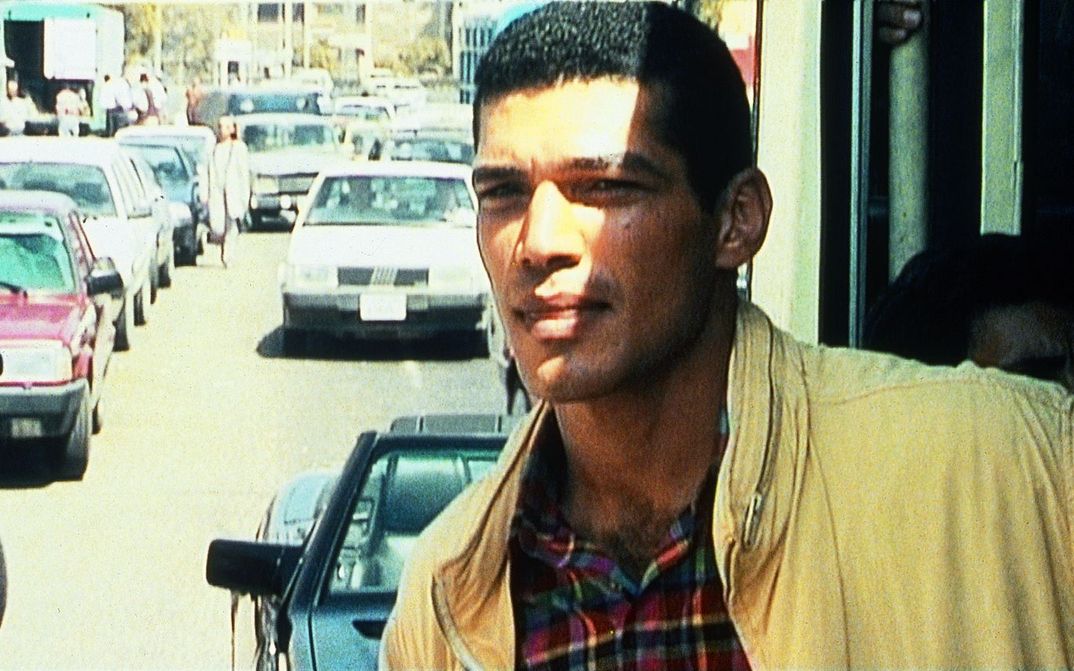60 and More Films That Arsenal Audiences Should Have Seen

The number 60 in the title of our new film history program, which spans the next months, is perhaps the only parallel to the many other best-of series, lists and canonical collections that continue to leave their mark on institutional and institutionalized film historiographies. In this program, the number (the 60 actually refers to Arsenal’s 60th anniversary) is actually less important than the word “more”: more, and thus other perspectives, to be precise.
Film historical anthology programs have been taking place at Arsenal since the 70s. A certain experimental, increasingly playful character can be discerned in the different formats of the last decades, most recently in the Magical History Tour. We are very happy to be able to place this key series in the hands of eight curators, filmmakers, artists, students and representative of three collectives from September to December. We have invited the following people in order to curate a film history program from a range of different perspectives, place different emphases and shine a light on the less-well illuminated areas of film history: Madhushree Dutta, Victoria Leshchenko, Clarissa Thieme, Lisabona Rahman, Can Sungu, Vaginal Davis, Gaby Babić, Kimberly Esposito as well as representatives of three institutions with whom we have been working with for several years as part of our transnational archival practice: Cimatheque – Alternative Film Centre/Tamer El-Said (Egypt), Mediateca Onshore/Filipa César (Guinea-Bissau) and the Lagos Film Society/Didi Cheeka (Nigeria).
During the first half of the year, a longlist comprising just under 200 films was whittled down to form a much more condensed shortlist: a program that is hugely inspiring, surprising and rich in discoveries and perspectives that the curators will be presenting in person over the course of the next months. To provide some initial orientation, the films of the next months are grouped around individual keywords. In September, these are Turning Times (“Together we once felt the earth tremble.”(Christa Wolf), Think:Film (Thinking with and through the moving image), Decentering / City (Off-center voices interrogating dominant narratives related to urbanization or how the city changes human relations), Trauma – Memory (Related to traumatic events or haunting memories) and Work (Intersections of class, labor, social justice)
The program is part of the “Arsenal 60 ff.” and is funded by the Hauptstadtkulturfonds.
